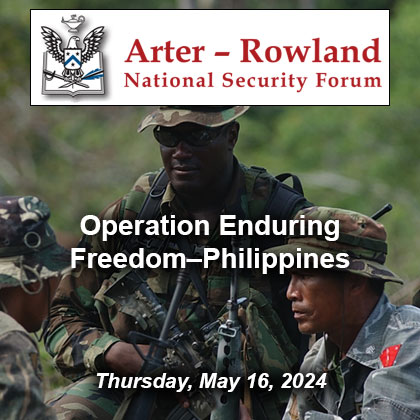IA cooperation crucial to Boston response
The cooperative efforts of law enforcement, investigative, and security personnel and first responders are being praised in the aftermath of the April 15 Boston Marathon bombing.
Tom Fox, Vice president for Leadership and Innovation at the Partnership for Public Service recently discussed the coordinated efforts of local, state, and federal law enforcement in the investigation and subsequent manhunt of the bombing suspects, saying their effort are “a nice reminder of just how effective government can be, especially working at all levels – fed, state, and local – when there’s that great sense of urgency.” He continued on to say that this level of cooperation was made evident in the agencies’ frequent press conferences, where officials from each jurisdiction, and at each level of government spoke on their area of expertise. Fox also stated that law enforcement’s efforts presented a “seamless integration of teams.”
The Department of Defense is also being recognized for their role in the response. The Massachusetts National Guard assisted local authorities after the bombing, and additional Guardsmen were called in to provide security, dispose of ordnance, assist with interagency communication, and stage transportation assets, such as helicopters and buses. The Navy provided bomb-disposal units to assist local authorities as needed, and Defense Secretary Chuck Hagel promised to continue working with DoD and other government leaders to support the response efforts and investigation.
The city of Boston is one of four U.S. cities with an all-hazards plan accredited by the Emergency Management Accreditation Program. Also, unlike many U.S. cities, first responders in Boston carry battlefield dressings and have taken part in training exercises for mass casualty incidents, including citywide disaster simulations in 2011 and 2012. This preparation enabled medical personnel and others involved to respond quickly and efficiently. Responders were also able to take additional preventative measures, suspending metro service near the scene of the bombing, instituting security checks at transit hubs, and temporarily grounding flights at Logan International Airport.
When asked his thoughts on the response efforts, Rick Nelson, senior associate at the Center for Strategic and International Studies and veteran of the National Counterterrorism Center stressed the importance of preparation of cooperation, saying that “Coordination is key.”
For more information about the interagency response to the bombings, please follow the links below.
Boston Manhunt Proves the Power of Interagency Cooperation, GovLoop
Tom Fox talks Boston interagency cooperation, GovLoop Insights
Hagel: Pentagon ready to assist civil authorities in Boston, Stars and Stripes
Boston Is One of the Best Prepared U.S. Cities to Handle a Crisis, The Atlantic
READ THE LATEST UPDATES FROM THE SIMONS CENTER
"*" indicates required fields


